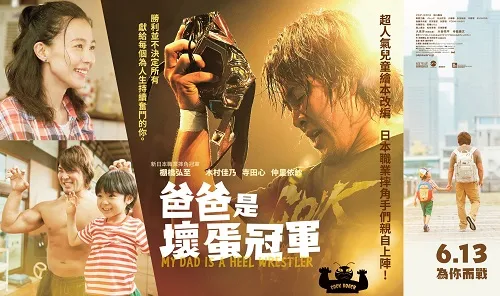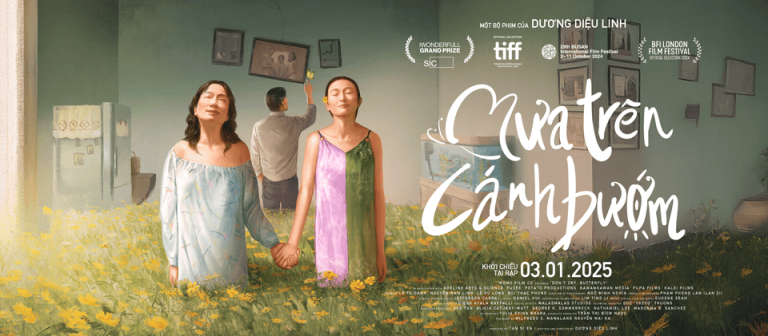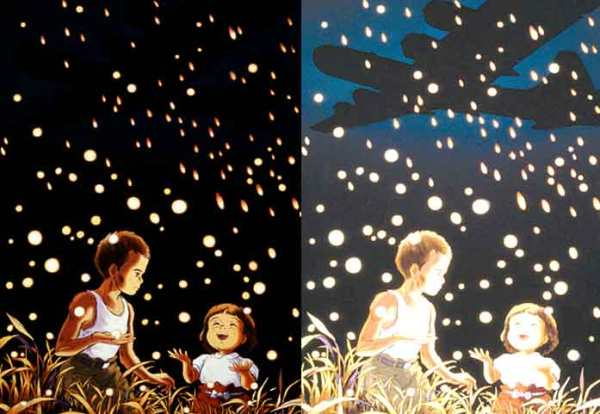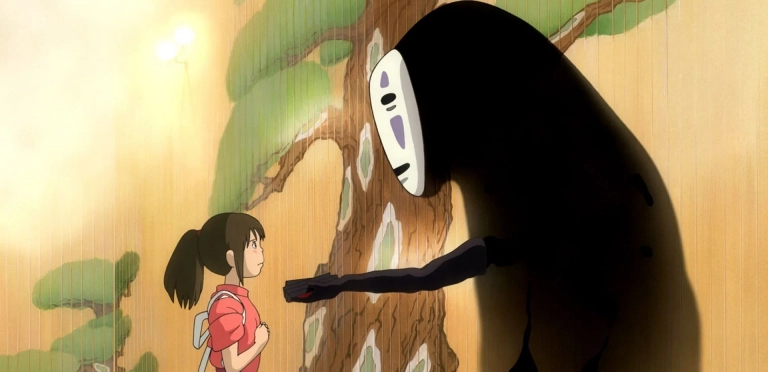NOTE: CONTAINS SPOILERS
“My Dad Is a Heel Wrestler” (original title: Papa wa Warumono Champion, Vietnamese title: Bố Tớ Là Nhân Vật Phản Diện) kicked off the 2019 Japan Film Festival. Released in 2018, it didn’t achieve the acclaim of Shoplifters, but it’s undeniably one of the standout Japanese films of the past year.
Walking into the screening, I had sky-high expectations. That excitement wasn’t just from the intriguing synopsis and trailer—teasing gripping, heartfelt moments—but also because opening films at festivals are often the cream of the crop. At the 2018 Hanoi International Film Festival, Shoplifters, Japan’s Palme d’Or winner from Cannes, took that spot. Plus, I’ve seen my fair share of Japanese films and usually love their gentle, moving, and profound style, no matter the subject.
Expectations Met
With such high hopes, “My Dad Is a Heel Wrestler” didn’t let me down. The story centers on Shota Omura, a boy clueless about his father’s job. One day, he secretly follows his dad to work and discovers that Takashi, his father, is a heel wrestler—a villainous fighter who pulls dirty tricks, ambushes opponents, and plays the foil to the hero, often booed by the crowd. Ashamed that his dad is a despised “bad guy,” Shota hides it from his friends and vents his disappointment to the father who’s always cherished him. From there, the drama unfolds.
The film starts strong with Takashi Omura’s knockout at a championship match, hyped by the media as a rising star in wrestling. But then it jumps ten years ahead—Takashi is now married with a family—and follows Shota’s journey, from his friends quizzing him about his dad’s job to uncovering the truth. This opening avoids dragging or over-explaining, smoothly setting up the story and its core conflict between Shota and Takashi. For Shota, embarrassment in front of his peers fuels his growing resentment. For Takashi, it’s a struggle to win back his son’s affection while clawing his way back to past glory, sidelined by an injury that ended his star career and forced him into nine years as a mediocre heel.
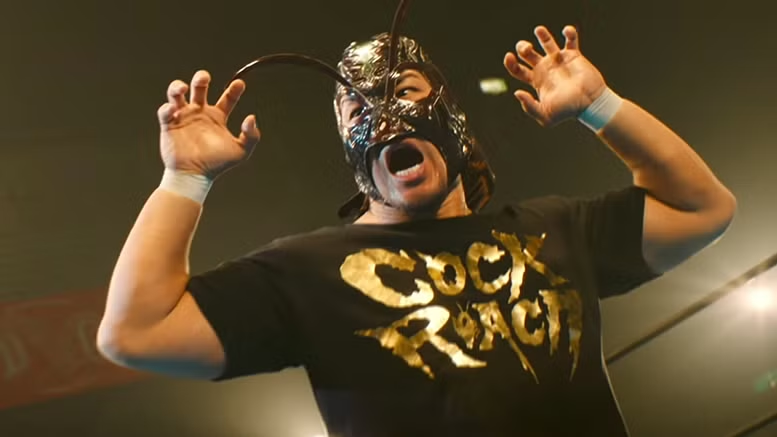
A Perfect Blend of Story and Emotion
“My Dad Is a Heel Wrestler” masterfully weaves its plot and emotions. Following the inner worlds of its two leads, each new twist unfolds naturally, guiding viewers without ever feeling predictable or dull. The emotional dips and dramatic peaks keep you hooked and moved.
In the vein of fighter films, it echoes Hollywood classics like Rocky, The Fighter, and Real Steel. But the closest match is Southpaw, the boxing drama starring Jake Gyllenhaal with Eminem’s soundtrack—both center on a fading fighter father and his child. Yet “My Dad Is a Heel Wrestler” is distinctly Japanese: introspective rather than outward-focused like Western counterparts. While Southpaw hinges on external stakes—regaining custody—“My Dad Is a Heel Wrestler” digs into the internal struggles of its protagonists. Where Hollywood fighter films glorify ring victories, this one redefines triumph: Takashi’s greatest win isn’t a title but becoming a champion in Shota’s eyes.
Emotional Powerhouse
The film’s success lies in its emotional pull. You’ll laugh, cry, and hold your breath—not just for the wrestling showdowns but for the equally gripping, tender clashes between father and son. That depth owes much to the standout performances of Hiroshi Tanahashi as Takashi and young Kokoro Terada as Shota. At just ten years old, Kokoro brings a raw, innocent energy that’s pure and affecting.
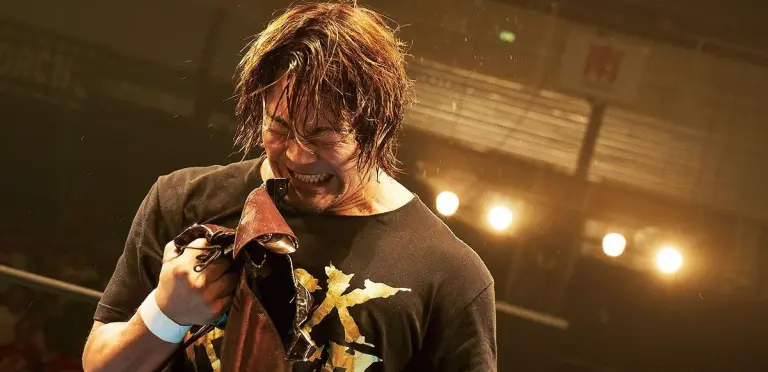
Supporting Cast and Minor Flaws
While the leads shine, the supporting characters feel a bit flat. Aside from a spirited journalist who admires Takashi (though her role is limited) and Shota’s friend, a fan of wrestler Dragon George, the rest of the ensemble is numerous but forgettable. Still, this doesn’t derail the story—it even bolsters the focus on Shota and Takashi, as the side characters orbit their arc.
That said, juggling a crowded cast and a plot packed with events leads to some plot holes. But the film’s emotional core is so strong that you’ll either miss them or forgive them outright—small hiccups typical of Japanese cinema.
Visuals and Sound That Elevate
Another strength is its cinematography, lighting, and score. The film splits into two distinct tones: a clear, airy palette quintessentially Japanese, and a dark, high-contrast look for the ring. These mirror its dual themes—touching warmth and intense drama. Creative camera angles in the wrestling scenes, paired with slow motion and a stirring soundtrack, make the climactic match as thrilling and grand as any Hollywood fighter flick.
A few scenes that stuck with me for their visuals and sound:
- Shota discovering his dad’s heel role—a wide shot amid a crowd, lights spotlighting father and son on opposite sides, the rest shrouded in darkness.
- After Shota says he hates him, Takashi visits the doctor alone, standing silently in shadow, asking if his leg can be fixed to reclaim his champion days.
- Takashi facing Dragon George, ripping off his mask and tossing it down.
- Shota standing on a table, boldly declaring his dad the strongest as his mocking friends look on.
- The finale—Takashi’s signature leap twice, shot from a tilted low angle in slow motion, with a soaring score and perfectly timed silence.
A Near-Perfect Gem
For me, “My Dad Is a Heel Wrestler” is a beautiful, moving film—unique, emotional, and nearly flawless. It’s one of the best I’ve seen in the past year and a fitting opener for the 2019 Japan Film Festival. I’m eager to catch the rest of the lineup after this.

